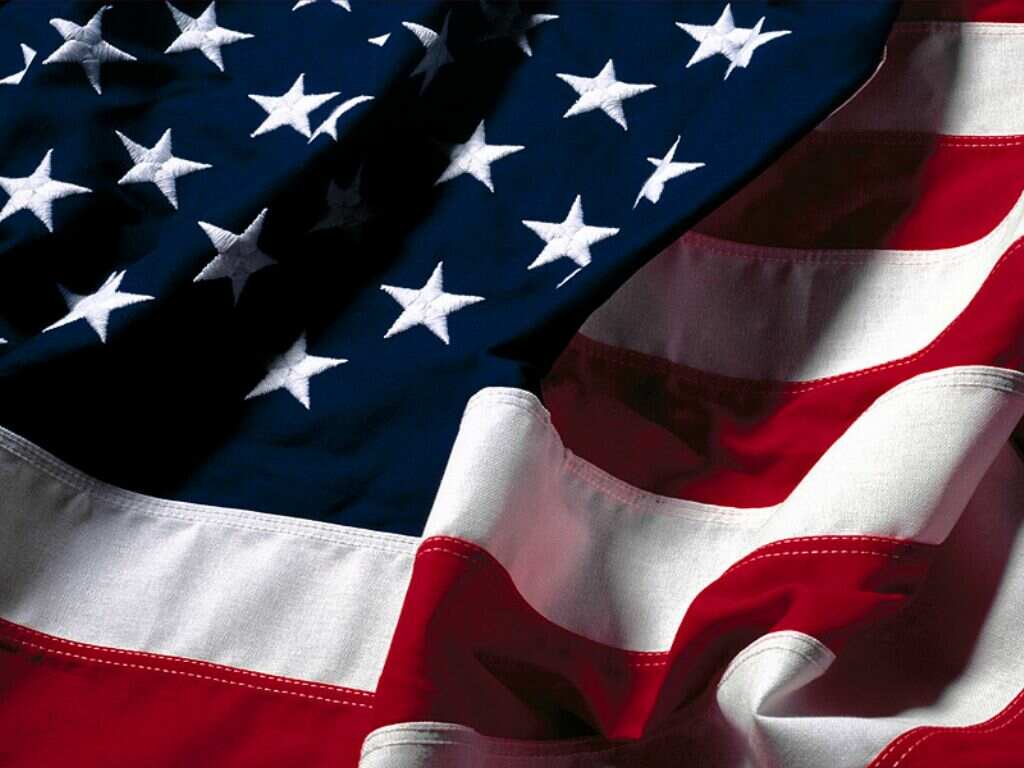 Today, perhaps due to the U.S. (high
power in politics, economics, etc.), English is the
most important language, being official for international
business, science and culture although others are
already biting its tail like Spanish or Chinese.
Today, perhaps due to the U.S. (high
power in politics, economics, etc.), English is the
most important language, being official for international
business, science and culture although others are
already biting its tail like Spanish or Chinese.
But the English language is not just the British or American. Nowadays
there are many varieties of Creole descendents of English. Some examples
include:
> Jamaican English – "duppy" for "ghost", "higgler"
for "informal vendor", "ackee", "callaloo",
"guinep", and "bammy" for local food, etc;
> Belizean
Creole – “Ai da di teacha” for “I am the teacher”, “huu?”
for “who?”, “weh?” for “where?”, etc;
> Bahamian Creole – “chile” to “child”, “pie”
for “pretty girl”, “jumbey” for “ghost”, “bey” for “boy”, “gyal” for “girl”, “solid!”
for “nice!”, “tursdee” for “thursday”, etc;
> Pichinglis (Dialect spoken in Republic of
Equatorial Guinea) – “human” for “woman”, “wàtá” for “water”, “nycní” for “ant”,
“bàta” for “buttocks”, etc;
> Krio (Dialect spoken in Sierra Leone) – “udat”
for “who”, “ustem” for “when”, “ah” for “I”, “titi” for “girl”, “padi” for “friend”,
“ren” for “rain”, “yala” for “yellow”, etc;
> Cameroonian Creole – “Tri” for “three”, “pipu”
for “people”, “kom” for “coming”, “masa” for “boss”, “neba” for “never”, etc.
And many more…
With this researchs we were able to conclude that the
English language has a long history of influences from everywhere, and everyday
marks its presence in the history of other languages, and will continue doing it.
Researches made at: http://en.wikipedia.org/wiki/English-based_creole_languages
Text written by the authors of the Blog
Cristiana & Margarida
No comments:
Post a Comment